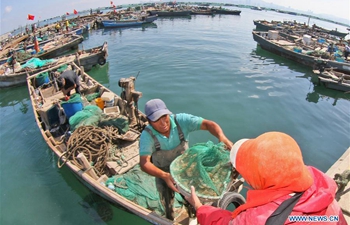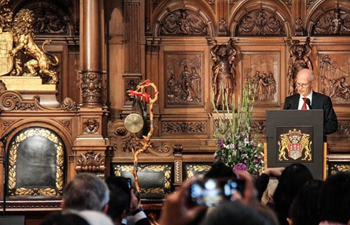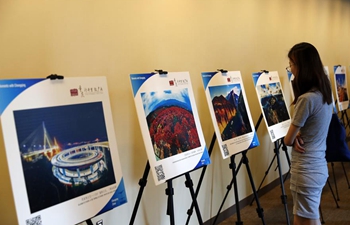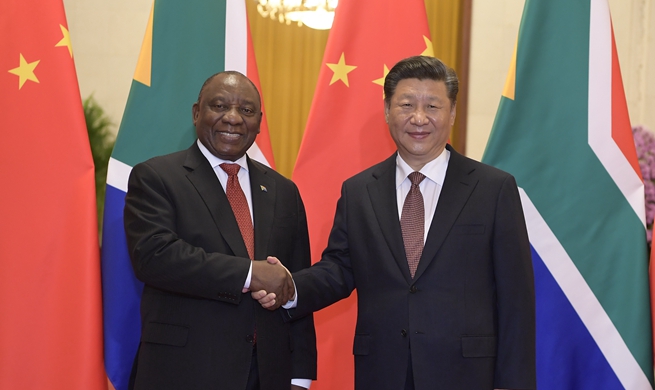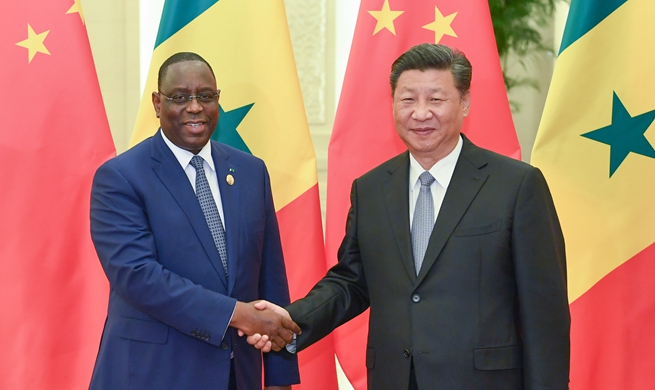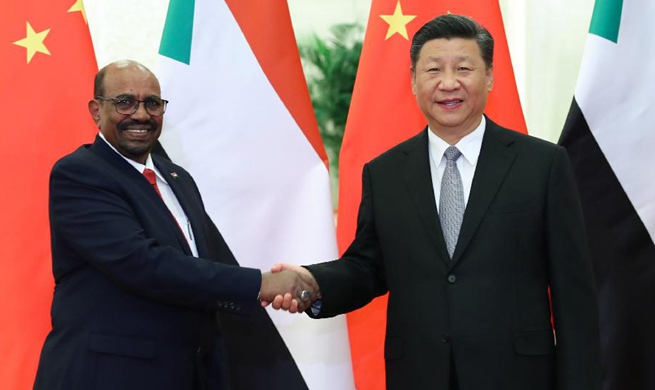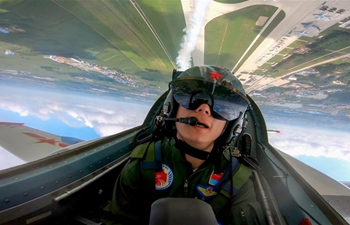NAIROBI, Sept. 2 (Xinhua) -- Elite Kenyan runners are piling pressure on Athletics Kenya (AK) to act fast and do more to curb the escalating doping cases and save the country's image in international competitions.
Former Boston marathon champion Wesley Korir, New York marathon silver medalist Mary Keitany and steeplechase world record holder Beatrice Chepkoech have called on Athletics Kenya to step up their fight against doping.
Speaking in Eldoret on Sunday the athletes have petitioned Kenya's athletics governing body to be proactive and take the war on doping head on even as the country has been listed among the top five where athletes are likely to cheat.
Anti-Doping Agency of Kenya (ADAK) is due to make public the names of athletes suspended in the last one year and what they are doing to fight the scourge.
"Kenya's athletics officials must take charge and keep away these doping athletes and those abetting it. We will not go far if we try to take a short cut," said Keitany.
Kenya together with Ukraine, Belarus, Morocco and Ethiopia have been placed under category One of the countries likely to cheat and this means its athletes will be tested three times before competing at the World Championships.
"It is time somebody took charge. Heads must roll and those aiding doping are taken seriously and kicked out of the country and stay away from our athletes. I will not stay quiet yet our children are being exploited and misused. For the next generation to be successful, we need to take serious issues affecting our athletes," said Korir.
Steeplechase world record holder Beatrice Chepkoech said it was wrong to cheat.
It is like stealing because you are not supposed to have any advantage over the other in sports," she said.
This comes just days after World Anti-Doping Agency (WADA) approved the establishment of a laboratory for Athlete Biological Passport (ABP) blood analysis in Nairobi.
The LANCET Group of Labs will be the first of its kind in East Africa and will be opened in Nairobi next week.
The laboratory is expected to analyze between 800 and 1,000 blood samples a year as part of the Athletics Integrity Unit (AIU) doping control program in Kenya, Ethiopia, Uganda, Tanzania and Eritrea.
"Starting in early September, the laboratory in Nairobi will perform blood analyses to support the (AIU) program as well as other anti-doping programs operating in the area such as that of the Anti-Doping Agency of Kenya (ADAK)," said ADAK Chief Executive Officer Japhter Rugut.
This will significantly lower the cost of processing anti-doping tests. Before the establishment of the laboratory, Kenya and other East Africa countries had to send their sample collection tests to South Africa, Qatar, Switzerland or Germany, which was time consuming and costly.
